Twins
Recent articles
Remembering child psychiatrist Michael Rutter
Sir Michael Rutter, widely hailed as the ‘father of child psychiatry,’ was part of the team that first showed autism has a genetic component. He died 23 October at age 88.
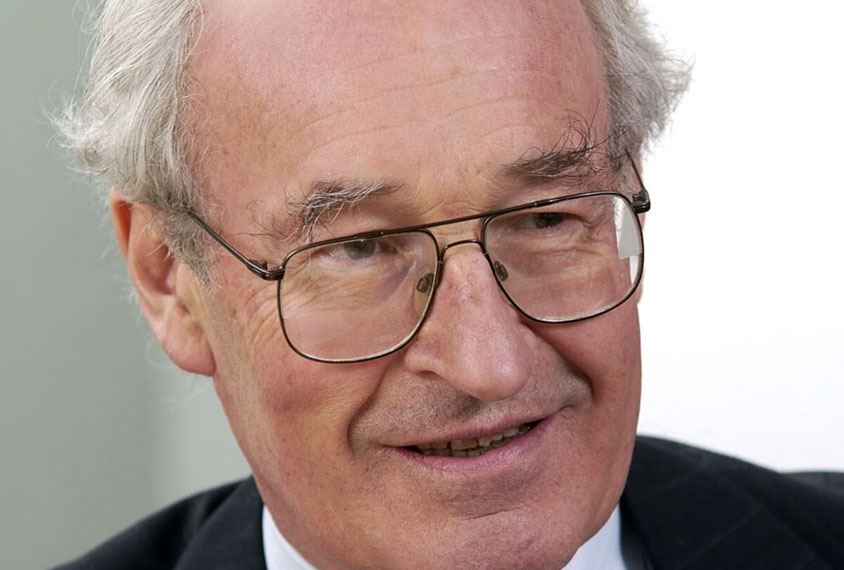
Remembering child psychiatrist Michael Rutter
Sir Michael Rutter, widely hailed as the ‘father of child psychiatry,’ was part of the team that first showed autism has a genetic component. He died 23 October at age 88.
Genetic roots of sleep issues, autism may be entwined
The same genetic factors may underlie both autism and autistic people's tendency to have sleep problems, such as insomnia.
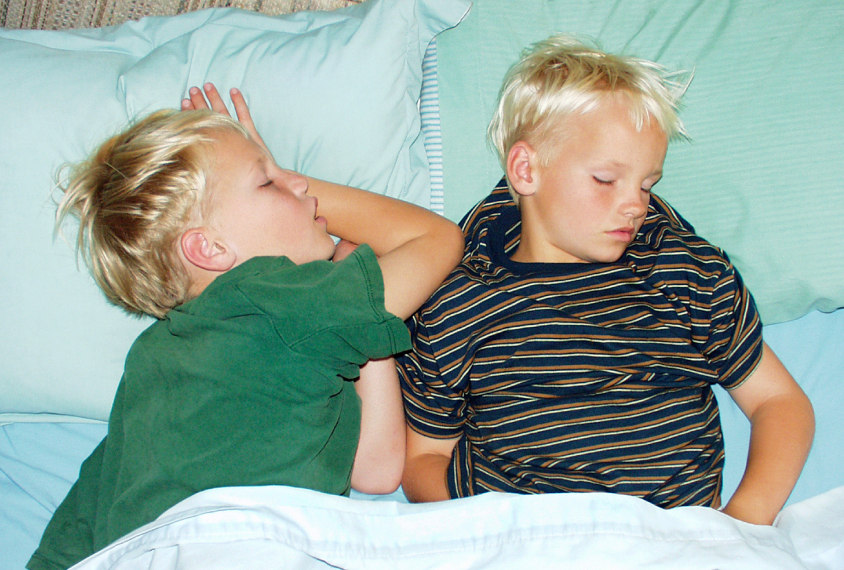
Genetic roots of sleep issues, autism may be entwined
The same genetic factors may underlie both autism and autistic people's tendency to have sleep problems, such as insomnia.
Q&A with John Constantino: Solving the biomarker conundrum
Biological factors that reflect autism’s roots may differ from those that influence how severe the condition is. Failure to make a distinction has stymied the search for biomarkers.
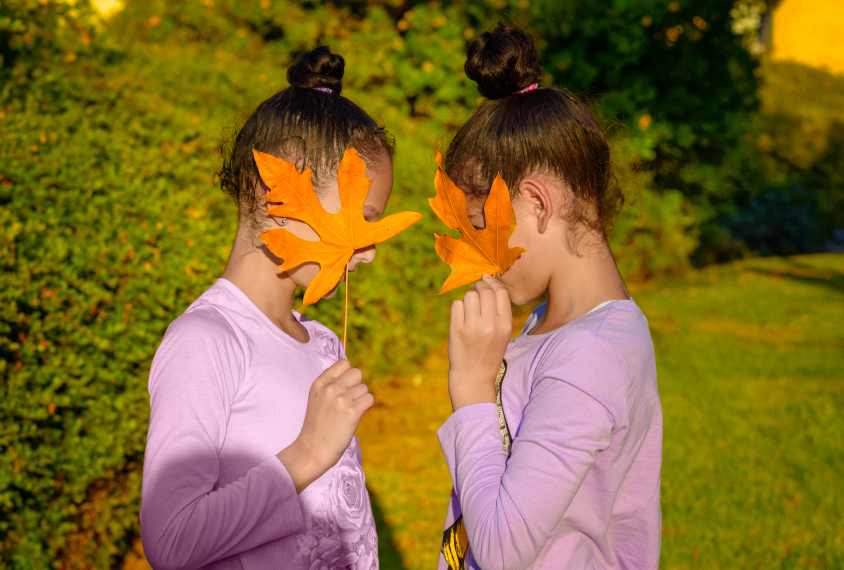
Q&A with John Constantino: Solving the biomarker conundrum
Biological factors that reflect autism’s roots may differ from those that influence how severe the condition is. Failure to make a distinction has stymied the search for biomarkers.
Autism genetics, explained
The more scientists dig into DNA, the more intricate its contribution to autism seems to be. Here, we unravel the complex genetics of autism.
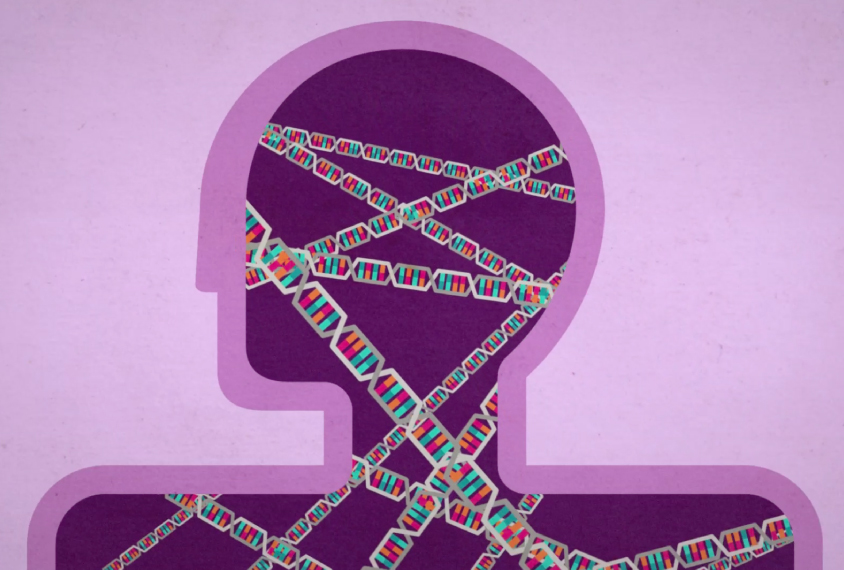
Autism genetics, explained
The more scientists dig into DNA, the more intricate its contribution to autism seems to be. Here, we unravel the complex genetics of autism.
Childhood autism traits linked to hypomania in adolescence
Children with autism traits tend to show agitation, excitability, decreased sleep and other mild signs of mania in adolescence; the association is higher in identical twins than fraternal twins, suggesting that genetics plays a role.

Childhood autism traits linked to hypomania in adolescence
Children with autism traits tend to show agitation, excitability, decreased sleep and other mild signs of mania in adolescence; the association is higher in identical twins than fraternal twins, suggesting that genetics plays a role.
Genes drive autistic people’s reactivity to environmental cues
Genes influence how autistic people react to sights, sounds and other sensory cues, whereas environmental factors shape their tendency to notice and seek out such stimuli, a new study in twins suggests.

Genes drive autistic people’s reactivity to environmental cues
Genes influence how autistic people react to sights, sounds and other sensory cues, whereas environmental factors shape their tendency to notice and seek out such stimuli, a new study in twins suggests.
Environment may have outsized effect on brain structure in autism
Environmental factors influence brain structure in autistic children more than in non-autistic children, according to an analysis of imaging data from twins.

Environment may have outsized effect on brain structure in autism
Environmental factors influence brain structure in autistic children more than in non-autistic children, according to an analysis of imaging data from twins.
Genes’ influence on social behaviors shifts with age
Some social behaviors associated with autism are heritable, but the extent to which genes and the environment influence these behaviors changes as a child grows.
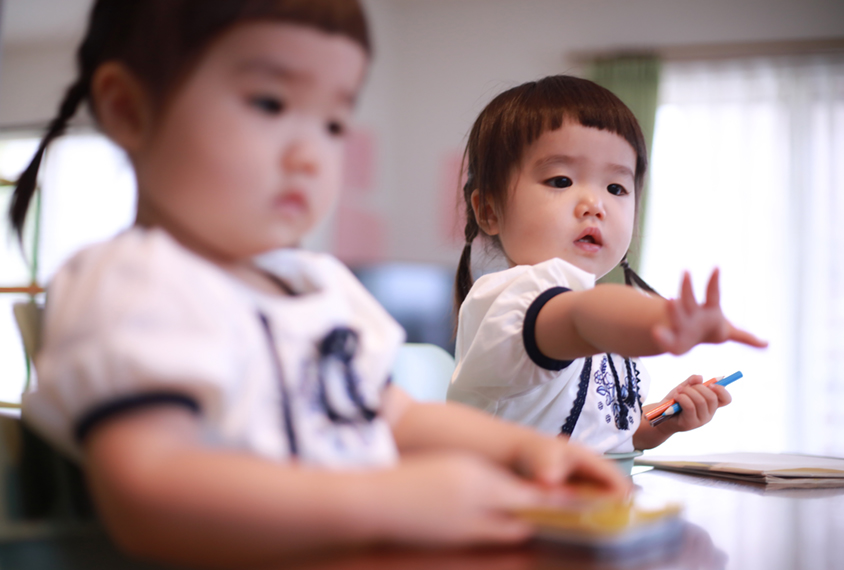
Genes’ influence on social behaviors shifts with age
Some social behaviors associated with autism are heritable, but the extent to which genes and the environment influence these behaviors changes as a child grows.
Environmental factors unlikely to account for rise in autism prevalence
The relative contributions of genetic and environmental factors to autism have held steady over multiple decades, according to a large twin study.

Environmental factors unlikely to account for rise in autism prevalence
The relative contributions of genetic and environmental factors to autism have held steady over multiple decades, according to a large twin study.
Autistic people have increased incidence of neurological problems
People with autism have more brain-related health problems, such as headaches and epilepsy, than typical people do.
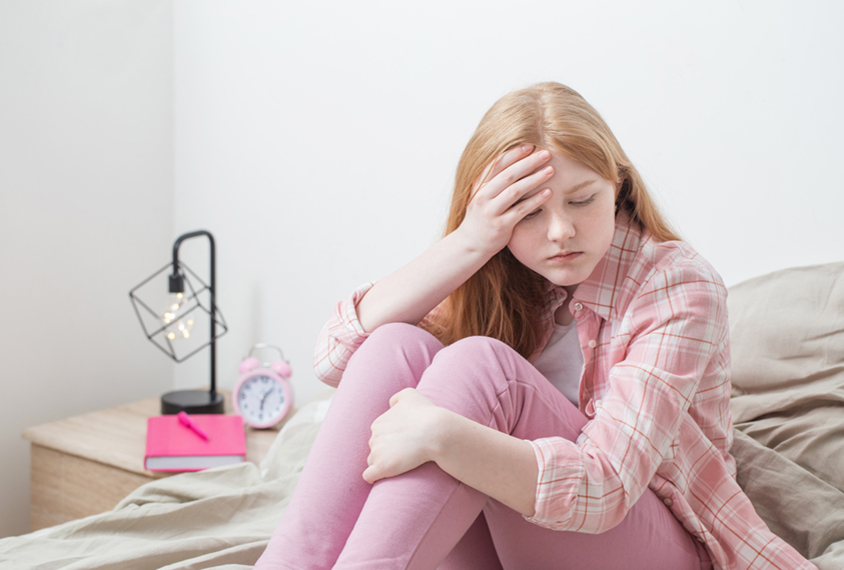
Autistic people have increased incidence of neurological problems
People with autism have more brain-related health problems, such as headaches and epilepsy, than typical people do.
Explore more from The Transmitter
Astrocytes orchestrate oxytocin’s social effects in mice
The cells amplify oxytocin—and may be responsible for sex differences in social behavior, two preprints find.

Astrocytes orchestrate oxytocin’s social effects in mice
The cells amplify oxytocin—and may be responsible for sex differences in social behavior, two preprints find.
Neuro’s ark: Spying on the secret sensory world of ticks
Carola Städele, a self-proclaimed “tick magnet,” studies the arachnids’ sensory neurobiology—in other words, how these tiny parasites zero in on their next meal.

Neuro’s ark: Spying on the secret sensory world of ticks
Carola Städele, a self-proclaimed “tick magnet,” studies the arachnids’ sensory neurobiology—in other words, how these tiny parasites zero in on their next meal.
Autism in old age, and more
Here is a roundup of autism-related news and research spotted around the web for the week of 2 March.

Autism in old age, and more
Here is a roundup of autism-related news and research spotted around the web for the week of 2 March.